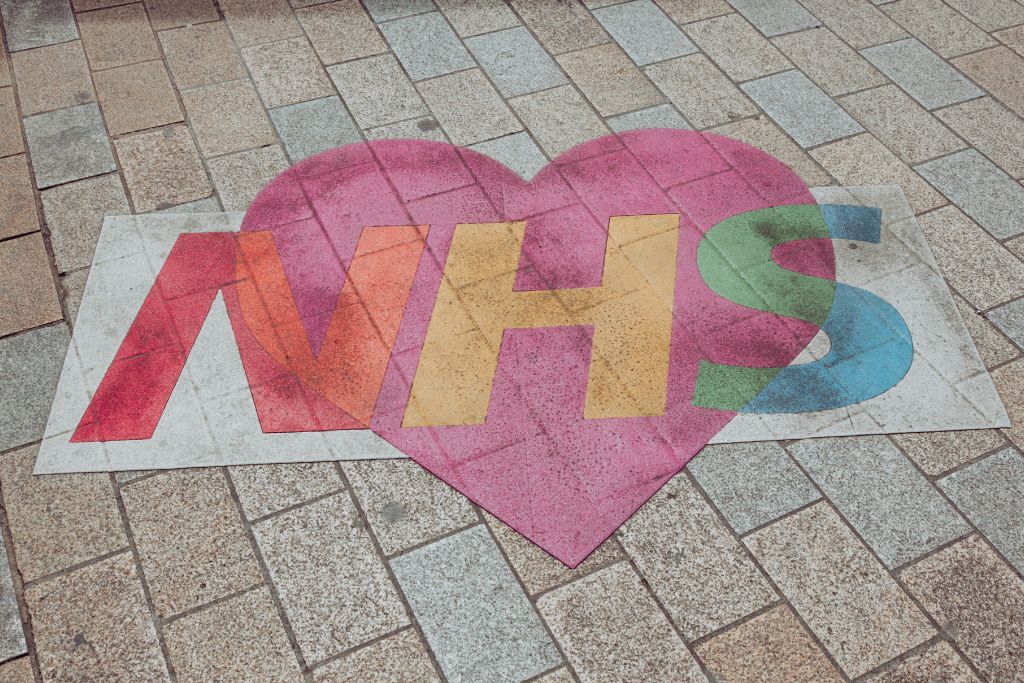
When talking about drug and alcohol rehab in the UK, most people assume you’re referring to exclusive facilities reserved for wealthy people and celebrities. However, many fail to consider other treatment paths to rehab available in London and the rest of the UK.
Let’s explore these options and answer a few burning questions.
FAQs
Where can I find a drug rehab near me?
If you’re struggling to find a suitable rehab near you, contact Which Rehab. Our experience means we understand the true nature of alcoholism and drug addiction. We provide a first-class service that’s aimed at helping you to access the life-saving treatment you need, without delay.
Our team will provide you with all the details you need to make an informed decision when choosing a rehab.
How much does a London rehab cost?
The cost of attending a rehabilitation centre in London will ultimately depend on the clinic’s location, its facilities and whether it offers a medical detox. Prices for rehab in the UK can start from between £5,000 – £7,000 depending on location and facilities.
Visit our prices page for an overview or get in touch for a specific quote.
What happens at an inpatient drug rehab?
Treatment at an inpatient drug rehab consists of a drug detox, typically lasting around seven days depending on the substance. Once you have eliminated drugs from your system, you can then move on to addiction therapy. This usually involves group and individual therapy as well as a range of holistic treatments.
What are the different types of rehab in the UK?
Your choice of rehab will ultimately depend on your circumstances. Some people struggle to commit to inpatient treatment, while others may be suffering from an addiction too severe for outpatient care. For those who don’t have the means to attend private drug and alcohol rehab in London, there are alternative options. The main types of rehab include:
- Publicly funded/NHS addiction services
- Government funded rehab
- Private rehab
- Inpatient rehab
- Outpatient rehab
Can I get rehab on the NHS?

The term ‘NHS rehab’ can be slightly confusing. The NHS don’t operate their own rehabs. There are, however, free drug and alcohol services run by local councils and authorities. There are also publicly funded spots at private rehab clinics for those who fit the criteria.
These services provide drug and alcohol detox medication to relieve the symptoms of withdrawal and wean you off substances slowly and safely. NHS rehab also includes various talking therapies, relaxation therapies, relapse prevention workshops and harm reduction sessions. If your condition is considered particularly severe and it’s determined you need more intense treatment, you may be referred to a private clinic via the NHS.
If you’re looking to register with your local drug and alcohol services, you should speak to your GP. They will carry out an assessment before advising you on other addiction treatments that might be available on the NHS.
Free addiction services are extremely useful if you can’t afford private treatment but be aware of their disadvantages. For example, waiting lists for publicly funded treatment can be lengthy, as these services are notoriously underfunded. The therapy offered by NHS and charity services isn’t as intensive as private rehab therapy, and may not be suitable for someone with additional mental health issues. If your addiction is especially severe, you may not have the luxury of time. The criteria for a free referral is extremely strict and can take time to go through.
Get in touch
If you’re looking to start a drug detox in London or want to find out more about alcohol detox and rehab in the UK, but you’re unsure about where to start or what you should be searching for, contact Which Rehab today on 0800 170 7000. Our team of addiction specialists would be happy to help you find the right clinic for you or your loved one.
What is privately funded rehab?
Private rehab is the quickest way to guarantee addiction treatment when you need it. It’s almost always self-funded unless you are fortunate enough to secure government funding or an NHS referral to a private rehab clinic.
On admission, you’ll be given an assessment. This allows therapists to better understand the severity of your addiction and what type of treatment plan you need.
Private rehab can last anywhere between 28 days to three months, although some addictions may require a stay of six months or more. Once you have completed your detox, which typically takes around seven days, you’ll then participate in a range of group and individual therapies designed to provide you with the tools to maintain your recovery once you leave rehab.
Inpatient rehab vs outpatient rehab

Inpatient rehab, also known as residential rehab, involves staying at a facility for the duration of your programme. Outpatient rehab on the other hand allows you to return home every day once your therapy sessions have ended.
Inpatient rehab is considered the most effective form of addiction treatment as you’re removed from your environment to focus fully on your recovery. In contrast, outpatient care doesn’t restrict your access to substances, and therefore cannot guarantee abstinence during treatment.
A minimum of 28 days is recommended for both inpatient and outpatient rehab but this will depend on the severity of your substance abuse. At a residential rehab, you’ll be given a recovery plan by your counsellor after completing your alcohol or drug detox. Outpatient rehab typically does not.
Inpatient rehab is typically associated with privately funded rehab, although you can also be referred to an inpatient clinic through the NHS.
Finding rehab in London
Searching for a rehab can feel extremely overwhelming, especially if you’re unaware of which options are available to you. Maybe you need advice on what makes a good rehab, or where to find alcohol and drug detox facilities near you.
At Which Rehab, our job is to take that weight off your shoulders. Whether you’re addicted to drugs, alcohol, prescription medications or gambling, or you’re concerned for a loved one who is, we’ll work with you to find the best course of treatment at a rehab that’s right for you.
If you’re ready to begin your recovery journey, contact us today on 0800 170 7000 for free and confidential advice.


